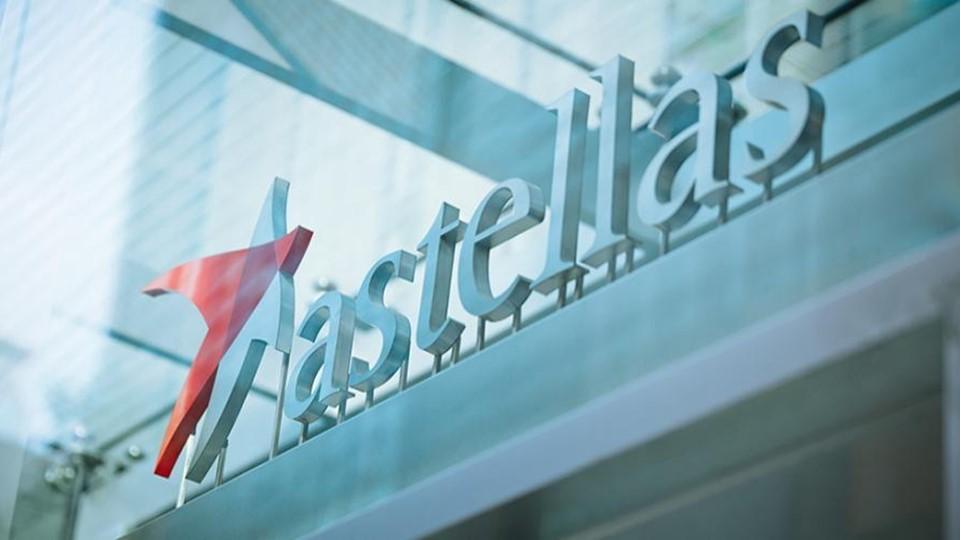Astellas builds case for menopause drug fezolinetant

New data for Astellas Pharma’s non-hormonal menopause therapy fezolinetant has shown it remains effective to 24 weeks, consolidating the evidence of the drug as it starts to roll out in the US and Europe.
Fezolinetant was approved in the US in May as Veozah, becoming the first drug in the neurokinin 3 (NK3) receptor antagonist class to reach the market ahead of closest rival elinzanetant from Bayer. Last month, it was also recommended for approval in the EU under the Veoza brand name.
Those applications were based on clinical data showing efficacy at four and 12 weeks compared to placebo, but the new readout from the phase 3b DAYLIGHT study shows its benefits now last for much longer.
Astellas said the data – generated in more than 450 women who were unable or unwilling to take hormone replacement therapy (HRT) to alleviate symptoms of menopause – will support health technology assessments (HTA) for reimbursement negotiations.
In the study, oral dosing with fezolinetant at a dose of 45 mg per day achieved a statistically significant -1.93 reduction in the frequency of moderate to severe vasomotor symptoms (VMS) at 24 weeks compared to placebo, the primary endpoint.
Astellas’ drug also hit the key secondary endpoint of mean change from baseline in the severity of moderate to severe VMS, with a reduction of -0.39 compared to placebo, and also reduced sleep disturbances by -2.5 compared to the control group.
VMS, such as hot flushes, are reported by up to 80% of women at some point during menopause and the leading cause for seeking medical attention during this phase of a woman’s life.
The pharma company hopes to build momentum for fezolinetant in the marketplace before Bayer is in a position to launch elinzanetant, a dual neurokinin 1,3 antagonist that has shown strong signals for efficacy in phase 2 and is due to report phase 3 results from the OASIS trials programme before the end of this year.
Bayer is planning a launch in 2025 and has previously predicted $1 billion in annual sales for its drug. Astellas, meanwhile, has said fezolinetant could become a $2.2 billion to $3.4 billion product at its peak.
Astellas acquired fezolinetant as part of its 2017 takeover of Ogeda for €500 million (at the time equivalent to around $550 million) upfront, plus €300 million in potential milestones. Bayer, meanwhile, acquired elinzanetant as part of its $875 million takeover of UK biotech KaNDy Therapeutics in 2020.













